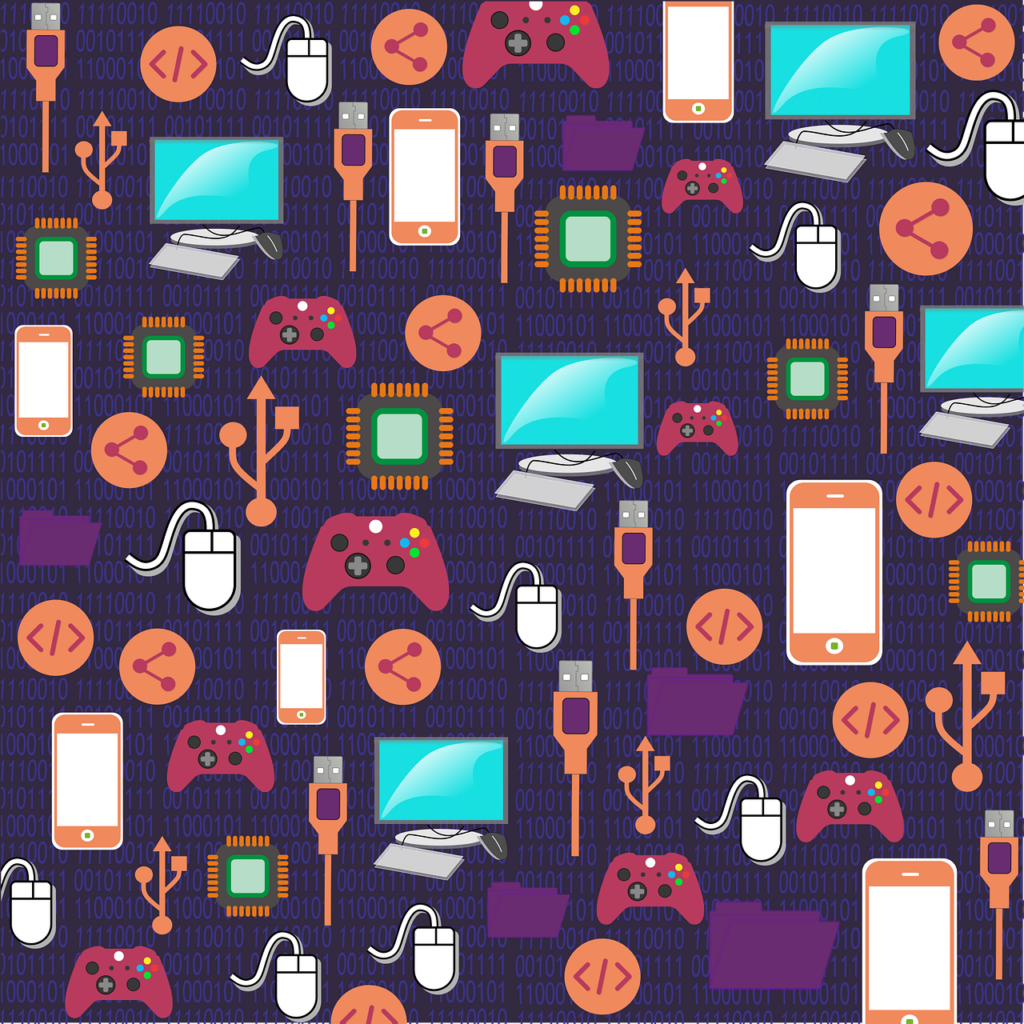Children and young people
Children and young people are generally smart when it comes to being online. It is a functional skills which is part of their education. Schools are good at providing advice and support about staying safe online.
Work is often sent home via online learning platforms. Meanwhile, even classroom activities may be based online or accessible through applications downloaded onto a phone or tablet.

You don’t need to be an expert on the internet to help keep your child safe online. There are some general principles to follow to support children and young people in having a positive online experience:
Online behaviour
Online content
Online safety
Parental controls
Making friends
Copyright issues
Video
There are lots of resources online that help explain online safety to children and young people in creative ways.
Listen to this funny One Direction parody song! CBBC Newsround supergroup ‘News Kids on the Block’ have some helpful tips on using the internet safely.
Online gaming
You can help keep your child’s gaming experiences safe, age-appropriate, friendly, fun, and even educational by educating yourself about the gaming community, game ratings, and how to use the privacy and safety tools built into the games.
You may wish to familiarise yourself with the safety features and parental controls offered by all the major gaming consoles. Examples of these include Xbox, Nintendo Switch and PlayStation. It can also be useful to keep up with new gaming functions as these often change. For example, Fornite Battle Royale have a new game feature. It allows users to connect with strangers through both text and voice chat.

Have regular ongoing conversations with your child about the games they are playing, their gaming experiences (both good and bad), and who they are talking to. Use these opportunities to keep the safety conversation current and ongoing. Talk to your child about:
- Using voice chat wisely and being aware of voice masking technology. While masking can be a safety feature, people can also use it to pretend to be someone they are not.
- Strangers online. It is recommended that younger gamers, particularly those under 16, only play with people they know in person and that are parent-approved.
- Using suitable screen names (gamertags) and not using their real name. Also never giving out personal information about themselves or that of another player.
- Being aware of cyberbullies (griefers).
- Kicking out any players that make them feel uncomfortable (ignore or block). Then telling a trusted adult and reporting abusive or inappropriate behaviour in the reporting area of the game.
The NSPCC reported that 1 in 4 youths aged 11-18 have been contacted on Fortnite by someone they don’t know. (2018). Gaming developers like Microsoft and Epic often have features on their websites where a parent or carer can subscribe to receive updated changes to gaming functions.
Social media and mental health
It is important to remember the positives about connecting online, as well as the negatives and to take a balanced approach.
It is impossible to police everything that children and young people do online, but it is vital to help them understand how to manage their online, lives in a positive way:
- Sometimes spending time online, particularly on social media can lead to people comparing themselves to others. This can negatively impact their self-esteem. If you find this happening to your child, they could try limiting the amount of time they spend on these sites. You could also encourage them to take a longer break from any sites they find unhelpful.
- They may feel pressure in taking part in online conversations or checking their social media accounts. This can cause feelings of stress and anxiety.
- Spending lots of time at night checking social media may disrupt sleeping patterns. To promote a good sleep routine, it is recommended that you don’t use phones, tablets or computers 2 hours before bed.
- It can be a lonely experience living your life online. This is due to the fact that it does not give the same feeling of connection as physical contact.
- Being a friend to other people online can be very rewarding. However, supporting someone who is going through a difficult time can also be stressful and overwhelming.
Consider more:
- What conversations will you have with your children about being online?
- Is there anything else you would like to know more about?